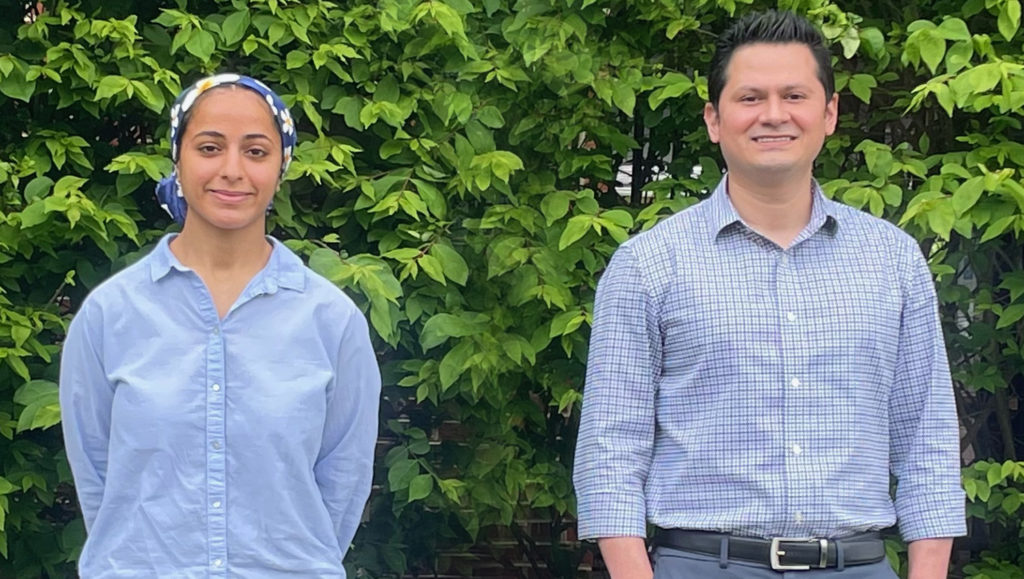Advancing DEI is a Core Part of Physical Therapy
The APTQI Diversity, Equity & Inclusion (DEI) Steering Committee assists the Board of Directors in creating and supporting initiatives that will empower APTQI’s member companies to promote diversity and equity in the workplace and inclusion in the communities in which they serve. In a new guest blog post, Ivy Rehab CEO Michael Rucker explains how they are advancing DEI as a core part of their practice:
Given the ongoing inequities that communities of color face every day in the United States, it is critical for all of us to do our part to advance inclusion, diversity, and belonging (ID&B). We – our company, profession, community, and country – all share the responsibility to make sure every individual belongs and thrives.
As a leader in physical therapy, we are responsible not just for the care of our patients, but also for creating environments that welcome all and better the profession. At Ivy, commitment to ID&B plays a central role in everything we do. We strongly believe that every person deserves to belong and be accepted for who they are. To advance these goals – and ultimately create a more equitable society – we have implemented wide-ranging practices across our company.

For example, we were one of the first PT companies to sign PwC’s CEO Action for Diversity & Inclusion, committing Ivy to have complex conversations about diversity and inclusion, conduct unconscious bias education, review our strategic inclusion and diversity plans with our board of directors, and share what we’ve learned to help other companies move the ball forward. In early 2020, we adopted “I Belong” as a core value to our company and created an “I Belong Steering Committee” comprised of teammates at all levels throughout the organization, who meet every month and actively spearhead efforts to improve belonging and inclusion in our workplaces and communities. We keep the dialogue around ID&B top-of-mind with our “We Belong” Workplace Group where we post relevant content and encourage teammates to do the same to celebrate our differences and support one another. Furthermore, the energy and enthusiasm with which our clinics routinely recognize holidays important to their teammates and patients underscores how ID&B, when fostered as a core practice organization-wide, takes root and grows at the local level.
Another way we strive to advance DEI is by stewarding initiatives that foster belonging and inclusiveness, while actively creating opportunities and removing barriers to entry for underrepresented populations in the profession. To that end, we have launched a High School Outreach and Mentoring Program, which will empower young adults to gain real world knowledge and experience in the physical therapy profession by job shadowing in our clinics. The program is currently being rolled out in three high schools this September, with more to follow. Ivy has also created a program centered around language services for patients whose primary language is not English and continues to advance communication methodologies for non-verbal patients. This program serves to improve communication between patient and provider while respecting differences. Recognizing the importance of ID&B, our patients have responded positively to these initiatives. Through patient satisfaction surveys, our patients have told us that attending a clinic where differences are recognized, valued, and celebrated is important to having a positive patient experience and to their overall well-being.
We’re proud of the progress we’ve made so far, but we recognize that fostering diversity, equity, and inclusion is a continually evolving process, not an endpoint. Moving forward, Ivy is 100% committed to sustaining these efforts and building upon them to help reduce and ultimately end ongoing inequities.
Achieving this goal is long road—and one that we cannot achieve alone. From treating patients to strengthening our workplaces, the entire physical therapy community must continue to foster an atmosphere of inclusivity and implement impactful programs to help make our profession – and our country – more equitable.